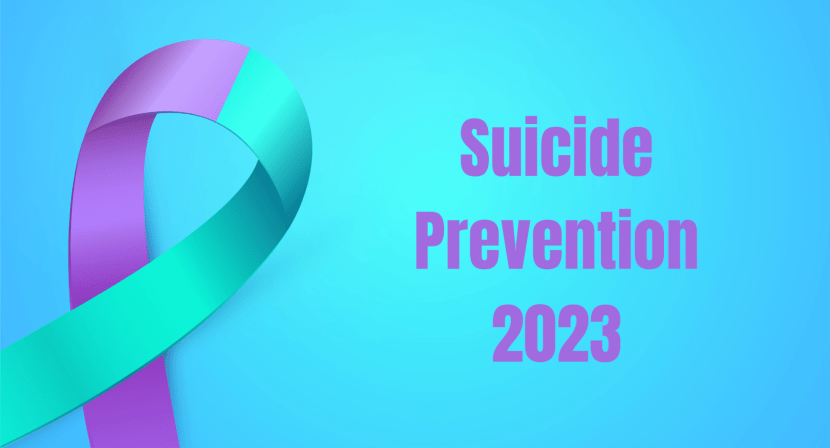While suicide is a leading cause of death for children and adults, spotting warning signs isn’t always easy. The hope of Suicide Prevention week is to bring much needed attention, especially in the era of post COVID-19, to the importance of recognizing verbal, behavioral and emotional warning signs of the risk of suicide.
While nothing is a substitute for professional mental health treatment (see below for resources), there are many simple steps you can take to help yourself or encourage others to reduce stress, boost wellness, and restore your sense of well-being during difficult times.
Taking time to consider self-care activities builds resilience and can help you cope with difficult times. Know who you are and what works best, but don’t be afraid to try new things.
MIND-establish a daily routine, express your feelings in a journal or by talking with friends/family, try a new skill, list things you have gratitude for, read a book you enjoy, practice mindfulness
BODY-go outside and take a walk, set a regular sleep schedule, breathe deeply, listen and move to your favorite music, limit alcohol and caffeine consumption, meditate/do yoga, eat healthy foods
SOUL-don’t be afraid to ask for help or show feelings, connect with who or what inspires you, reach out to someone who may need you, donate to a cause, set boundaries for yourself
SURROUNDINGS-create a quiet space for yourself, watch a favorite TV show or movie, connect with friends/family either in person or virtually, display something on a wall that is visually pleasing
Adapted from American Foundation for Suicide Prevention www.afsp.org
Are you in a crisis? Remember you are not alone. Help is available.
Dial 988 Suicide and Crisis Hotline. Lifeline (988lifeline.org)
Call 1-800-273-8255 or text TALK 741741
Other resources:
Suicide Prevention Resource for Action | Suicide | CDC
NIMH » Suicide Prevention (nih.gov)
All Blogs are written by Professionals in the fields of Nutrition, Human Development and Diabetes.
